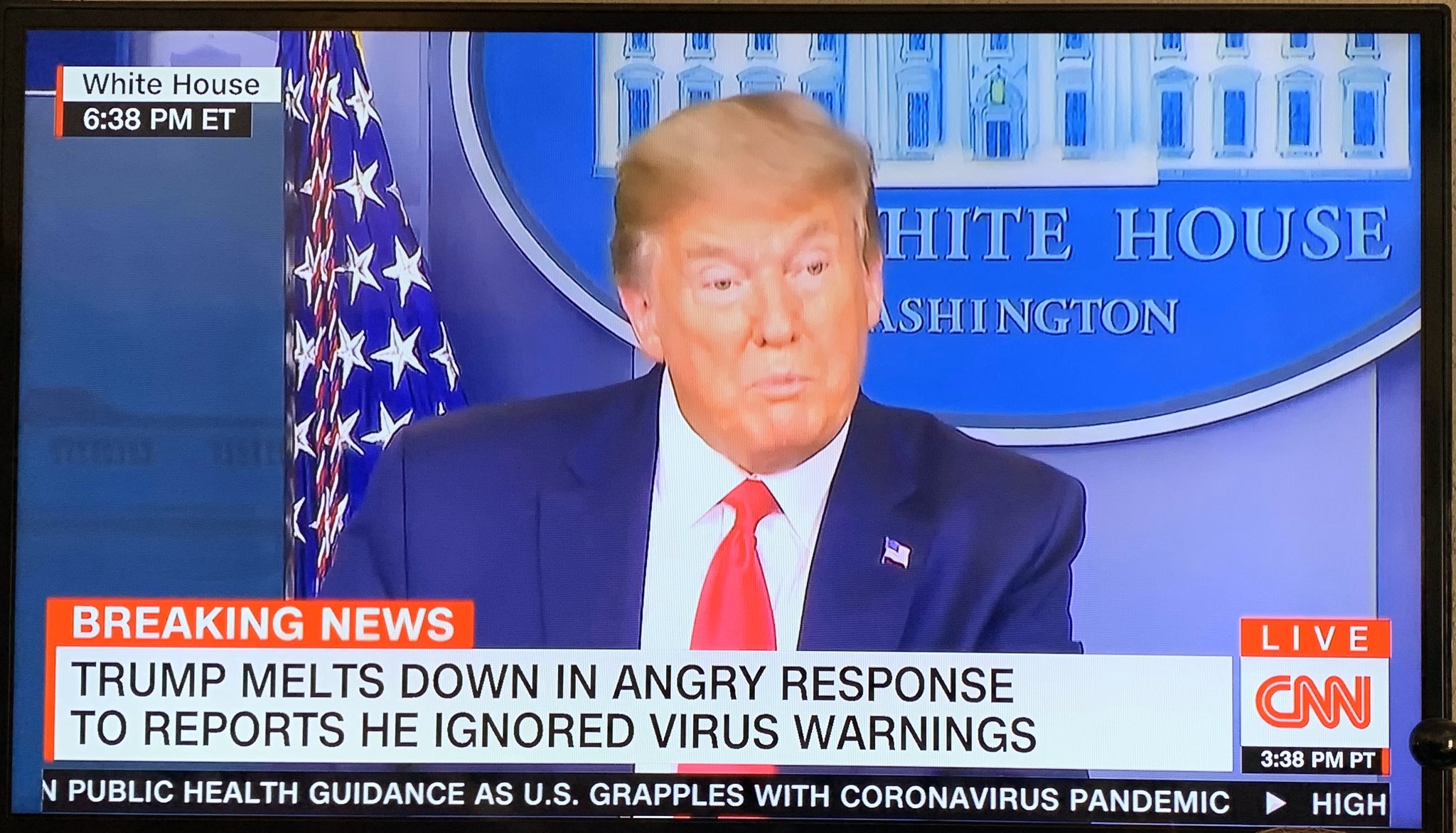
The Trump administration has unveiled a new executive order that aims to curb remote work for federal employees. The order, which was signed on August 24, 2020, requires agencies to develop plans to return their employees to the workplace by the end of the year. This move has been met with mixed reactions, with some employees and unions expressing concerns about the health and safety risks of returning to work in person during the COVID-19 pandemic.
The Trump administration has argued that remote work is less productive and efficient than in-person work. In a statement released with the executive order, the Office of Management and Budget (OMB) said that "remote work has been a significant challenge for agencies, causing delays, missed deadlines, and decreased productivity." The OMB also said that remote work has made it more difficult for employees to collaborate and communicate with each other.
There is some evidence to support Trump's arguments. A recent study by the Brookings Institution found that remote work can lead to a decrease in productivity. The study found that remote workers were less likely to complete their tasks on time and were more likely to make mistakes than in-person workers. The study also found that remote workers were less likely to collaborate with their colleagues and were more likely to feel isolated.
Opponents of the executive order have argued that remote work can actually be more productive and efficient than in-person work. They argue that remote workers have more flexibility and control over their work environment, which can lead to increased productivity. They also argue that remote workers are less likely to be distracted by office politics and interruptions, which can also lead to increased productivity.
Opponents of the executive order have also argued that remote work is necessary for the health and safety of federal employees during the COVID-19 pandemic. They argue that returning to work in person could put employees at risk of contracting the virus. They also argue that remote work allows employees to avoid the stress and anxiety of commuting to work, which can also lead to increased productivity.
There is some evidence to support the arguments against curbing remote work. A recent study by the University of California, Berkeley found that remote work can actually lead to an increase in productivity. The study found that remote workers were more likely to complete their tasks on time and were less likely to make mistakes than in-person workers. The study also found that remote workers were more likely to collaborate with their colleagues and were less likely to feel isolated.
The Trump administration's executive order on remote work is a controversial one. There is evidence to support both the arguments for and against curbing remote work. Ultimately, the decision of whether or not to return to work in person is a complex one that should be made on a case-by-case basis. However, it is important to remember that the health and safety of federal employees should be a top priority.

Post a Comment